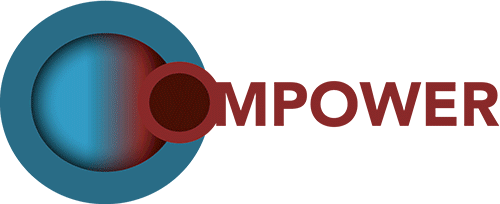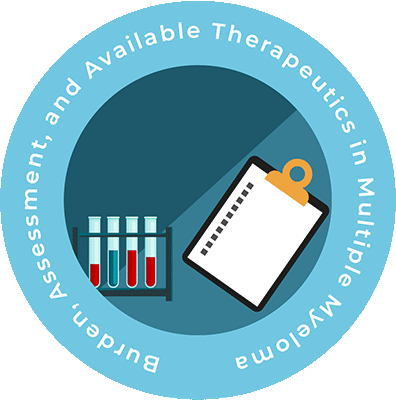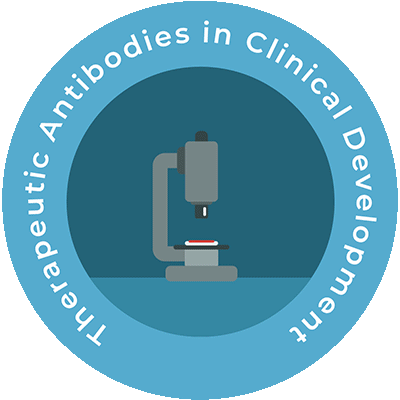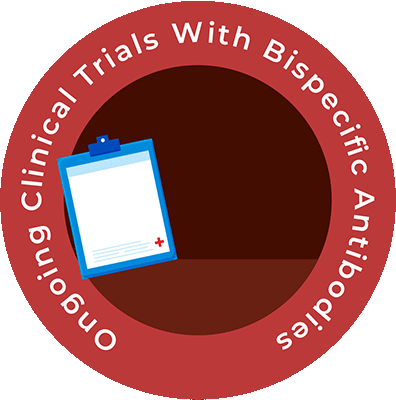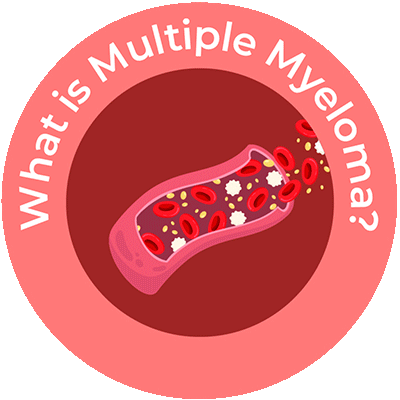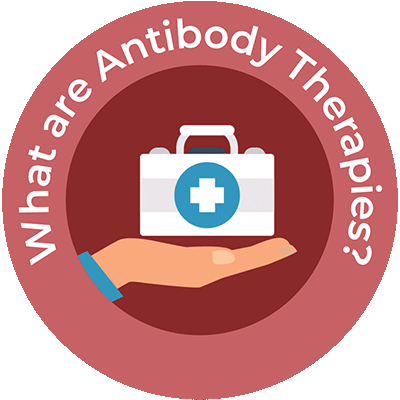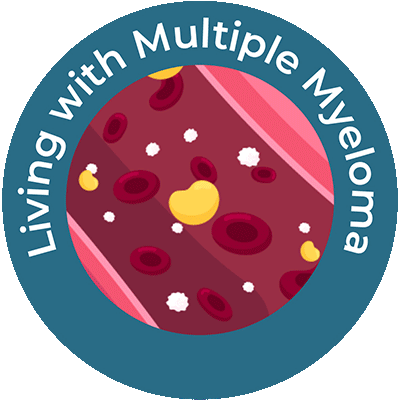PROGRAM CHAIR
Craig C. Hofmeister, MD, MPH
Professor
Department of Hematology and Medical Oncology
Winship Cancer Institute of Emory University
Atlanta, Georgia
PROGRAM OVERVIEW
This enduring educational activity will focus primarily on risk stratification and best practices to more accurately inform treatment sequencing in patients with relapsed/refractory multiple myeloma; explore mechanisms of action of innovative therapies for multiple myeloma; and evaluate new and emerging bispecific anti-BCMA and anti-FcRH5 clinical trial data in the setting of relapsed/refractory multiple myeloma.
TARGET AUDIENCE
This activity is designed to meet the educational needs of oncologists, hematologists, hematology pharmacists, nurse practitioners, and physician assistants to ensure confidence in the management of relapsed/refractory multiple myeloma.
LEARNING OBJECTIVES
Upon the completion of this program, attendees should be able to:
- Summarize risk stratification best practices to inform treatment sequencing in relapsed/refractory multiple myeloma.
- Evaluate evaluable mechanisms of action in the relapsed/refractory setting of multiple myeloma.
- Analyze emerging bispecific anti-BCMA and anti-FcRH5 trial data in the management of relapsed/refractory multiple myeloma.
JOINT ACCREDITATION STATEMENT
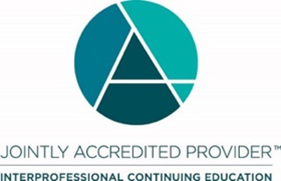 In support of improving patient care, Med Learning Group is jointly accredited by the Accreditation Council for Continuing Medical Education (ACCME), the Accreditation Council for Pharmacy Education (ACPE), and the American Nurses Credentialing Center (ANCC), to provide continuing education for the healthcare team.
In support of improving patient care, Med Learning Group is jointly accredited by the Accreditation Council for Continuing Medical Education (ACCME), the Accreditation Council for Pharmacy Education (ACPE), and the American Nurses Credentialing Center (ANCC), to provide continuing education for the healthcare team.
PHYSICIAN CREDIT DESIGNATION STATEMENT
Med Learning Group designates this enduring activity for a maximum of 0.5 AMA PRA Category 1 CreditTM. Physicians should claim only the credit commensurate with the extent of their participation in the enduring activity.
NURSES (ANCC) CREDIT DESIGNATION
Med Learning Group designates this activity for a maximum of 0.5 ANCC contact hour.
DISCLOSURE POLICY STATEMENT
In accordance with the Accreditation Council for Continuing Medical Education (ACCME) Standards for Integrity and Independence in Accredited Continuing Education, educational programs sponsored by Med Learning Group must demonstrate balance, independence, objectivity, and scientific rigor. All faculty, authors, editors, staff, and planning committee members participating in an MLG-sponsored activity are required to disclose any relevant financial interest or other relationship with the manufacturer(s) of any commercial product(s) and/or provider(s) of commercial services that are discussed in an educational activity.
DISCLOSURE OF RELEVANT FINANCIAL RELATIONSHIPS
| Faculty Member | Disclosures |
| Craig C. Hofmeister, MD | Reports advisory board involvement with AbbVie, Janssen, Bristol Myers Squibb, GlaxoSmithKline, and Oncopeptides. He is the primary investigator (PI) for investigator-initiated protocols involving products from Sanofi and is the local PI for company-sponsored protocols from Bristol Myers Squibb |
All relevant financial relationships have been mitigated.
Content Review
The content of this activity was independently peer reviewed by a physician and nurse reviewer.
Individuals in Control of the Content of the Activity
The individuals in control of the content of this activity have reported the following financial relationships or relationships to products or devices they have with ineligible companies related to the content of this CE activity:
- Matthew Frese, MBA, General Manager of Med Learning Group, has nothing to disclose.
- Christina Gallo, SVP, Educational Development for Med Learning Group, has nothing to disclose.
- Michael Milano, MD, has this to disclose: Has received royalties from Wolters Kluwer (UpToDate author royalties).
- A medical reviewer from CME Peer Review LLC, has nothing to disclose.
- Debra Gordon, Medical Director for Med Learning Group, has nothing to disclose.
- Ana Maria Albino, Senior Program Manager for Med Learning Group, has nothing to disclose.
- Jessica Feygin-Samuels, Associate Program Manager for Med Learning Group, has nothing to disclose.
- Lauren Welch, MA, VP, Accreditation and Outcomes for Med Learning Group, has nothing to disclose.
- Daniel Dasilva, Accreditation and Outcomes Coordinator, has nothing to disclose.
DISCLOSURE OF UNLABELED USE
Med Learning Group requires that faculty participating in any CE activity disclose to the audience when discussing any unlabeled or investigational use of any commercial product or device not yet approved for use in the United States. During this lecture, the faculty may mention the use of medications for both FDA-approved and non-approved indications.
METHOD OF PARTICIPATION
There are no fees for participating and receiving CE credit for this activity. In order to obtain your certificate for the mentioned accreditation, participants need to successfully complete the associated pre/post activities and evaluation. Your certificate will be provided as a downloadable file.
DISCLAIMER
Med Learning Group makes every effort to develop CE activities that are science based. This activity is designed for educational purposes. Participants have a responsibility to use this information to enhance their professional development in an effort to improve patient outcomes. Conclusions drawn by the participants should be derived from careful consideration of all available scientific information. The participant should use his/her clinical judgment, knowledge, experience, and diagnostic decision-making expertise before applying any information, whether provided here or by others, for any professional use.
For CE questions, please contact Med Learning Group at info@medlearninggroup.com
Contact this CE provider at Med Learning Group for privacy and confidentiality policy statement information at www.medlearninggroup.com/privacy-policy/
AMERICANS WITH DISABILITIES ACT
Event staff will be glad to assist you with any special needs. Please contact Med Learning Group prior to participating at info@medlearninggroup.com.
RELEASED DATE: April 26, 2024
EXPIRATION DATE: April 26, 2025

Copyright ©2024 Med Learning Group. All rights reserved. These materials may be used for personal use only. Any rebroadcast, distribution, or reuse of this presentation or any part of it in any form for other than personal use without the express written permission of Med Learning Group is prohibited.
